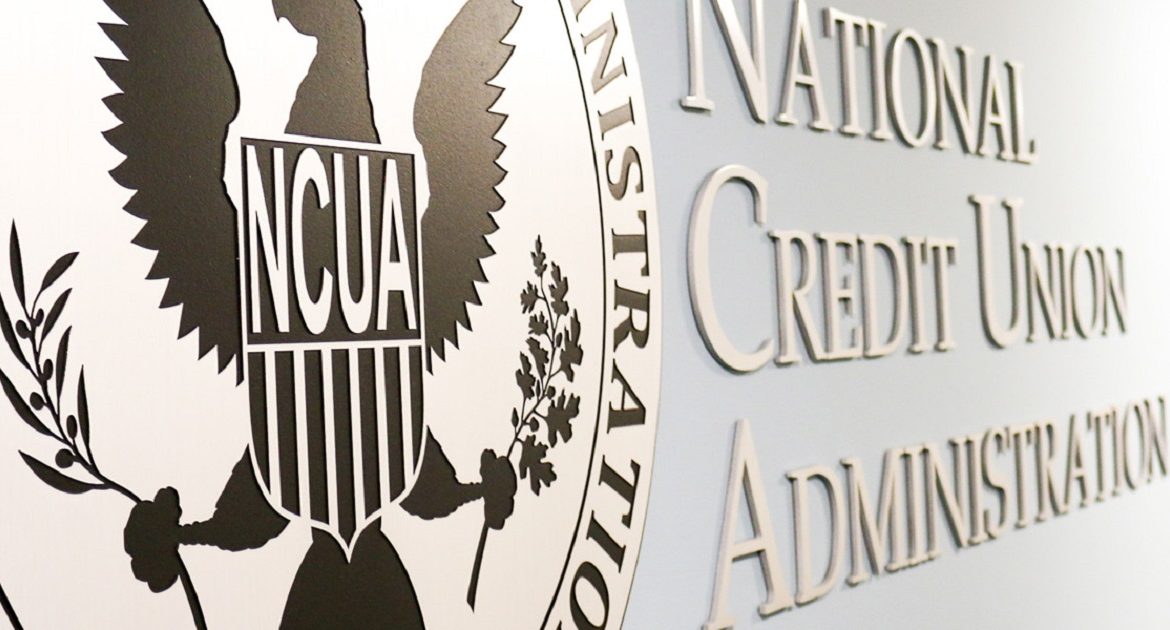One credit union veteran described effectiveness this way: “Government is too far away and too late to help one’s neighbor. Right now, it is our neighbor to neighbor approaches that auditors, regulators, and bureaucrats need to template. This is what makes future government responses relevant, or even come close to working. We, the citizens and community actors, must be the template for the approaches we hope to have and live with from government.”
The second response, also instinctive
The other extreme of “we’re all in this together” is the inevitable bureaucratic reach for more power and money. This has resulted in two legislative suggestions by board members at opposite ends of the ideological spectrum: Harper and McWatters.
Both endorsed new NCUA authority to examine third party vendors, a request rejected repeatedly over the past decade in Congress.
The second was to expand the cooperative system’s CLF liquidity options. Although unclear, the suggestion appears to be that liquidity should be on call, solely at NCUA’s behest. The current mixed ownership structure requires credit unions to subscribe capital shares to create the 16 times borrowing capacity at the Federal Financing Bank. Now, credit unions are the direct funders, agents and users of the system.
Contrary crisis response
The go-it-alone, we’re in charge approach was disastrous in the Great Recession. NCUA’s unilateral actions destroyed the CLF’s three-decades long role as the cooperative system’s liquidity safety net. NCUA requested a special $6 billion borrowing line from Congress at same time the CLF had an unused $49 billion capacity.
In the 2009 crisis NCUA took over the daily management of $100 billion dollars in corporate assets without a plan or knowledgeable leadership. Today the $6 billion AME surplus from the liquidations of five corporates, shows the catastrophic misjudgment which NCUA estimated would cost credit unions $13-16 billion dollars.
The misjudgment was not just a dollar and cents forecasting error. Rather the fundamental mistake was that NCUA took over total control. They failed to work collaboratively and respect the expertise and experience in the corporate system. Instead NCUA bought plans from outsiders who failed to understand both cooperative strengths and the crisis itself.
Chairman Hood’s silence
One reason for Chairman Hood’s silence may be he recalls his past tenure on the NCUA board. And he has reflected on the lessons from that time.
The beauty of the cooperative model is when consumers and leaders believe they can be owners of solutions and get to it. In any crisis we must use that spirit to be first to respond, solid in our belief we can overcome, and hopeful in the fact that things that work will be documented as historical markers for future actions.
Leadership in a crisis offers the chance to build a better system. This occurred in the 1980-1984 transition to deregulation. For that outcome to occur, the NCUA board must work collaboratively with those who man the front lines with members.


























































